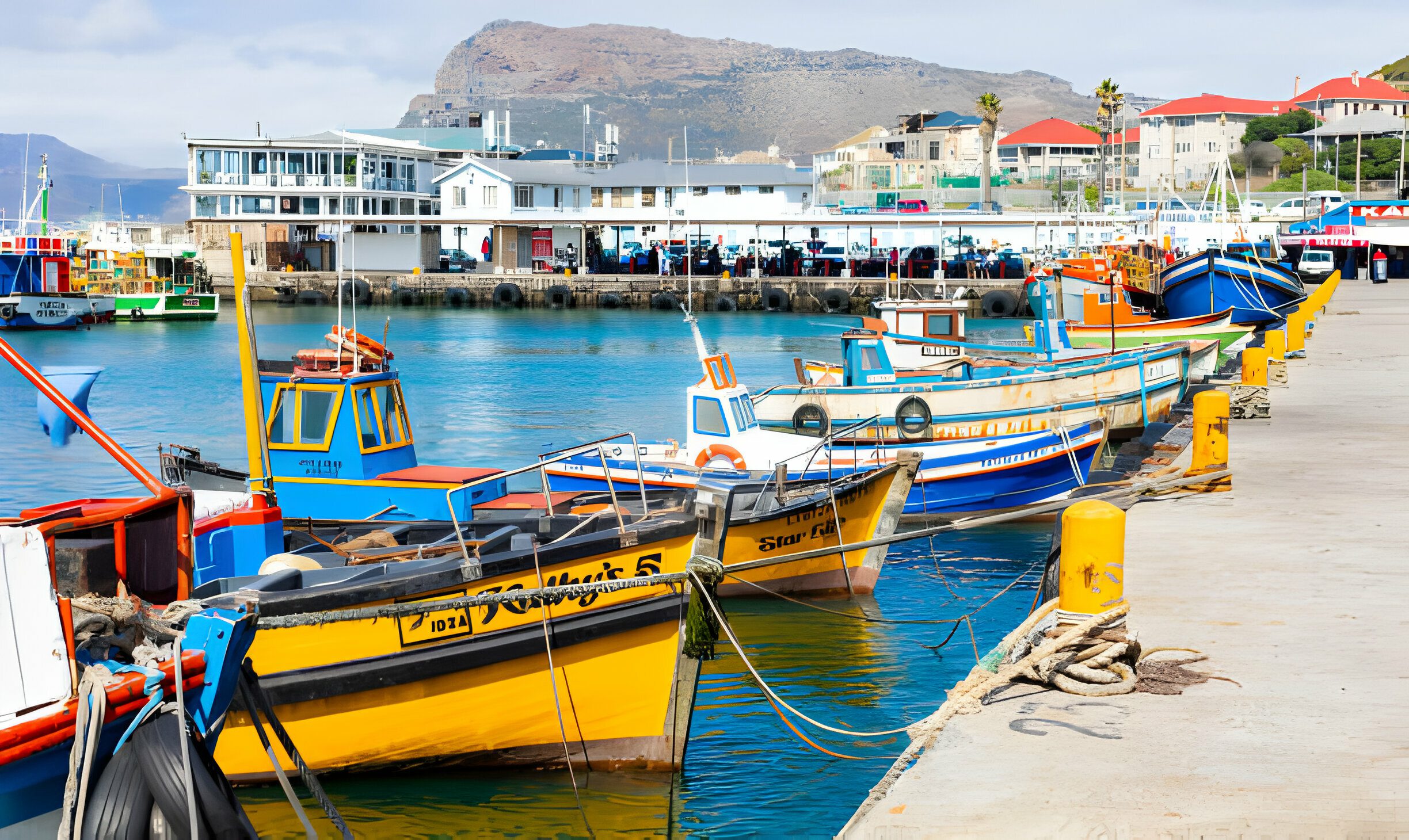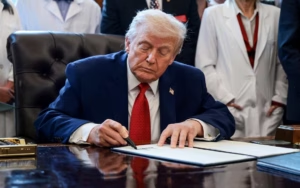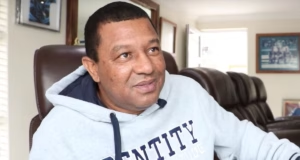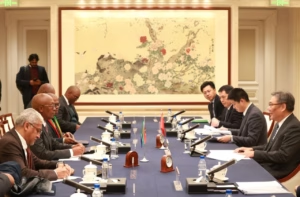Could the small-scale fishers of the Western Cape soon find themselves navigating new waters with additional species in their nets? The Department of Forestry, Fisheries, and the Environment is currently on the cusp of broadening the horizons for these local fishers by finalizing policies aimed at enhancing their sector.
At the heart of these deliberations is the sustainability of small-scale fishing cooperatives, as emphasized by Abongile Ngqongwa, the deputy director of small-scale fisheries management, during a recent parliamentary session.
“Small-scale fishing cooperatives must be sustainable,” Ngqongwa highlighted, pointing out the concerning decline in most resources. He further elaborated on the department’s commitment to support the fishers, ensuring their operations remain viable.
A balanced approach to resource allocation between the small-scale and commercial sectors is currently under scrutiny.
“That will need to be a fair process moving forward,” Ngqongwa noted, signifying the department’s intent to reassess allocations within the small-scale sector.
To date, 62 small-scale fishing cooperatives in the Western Cape have gained registration with the Companies and Intellectual Property Commission (CIPC), marking a significant milestone. November 2023 saw the issuance of long-anticipated 15-year fishing rights to approximately 3,850 small-scale fishers, addressing delays that had previously marred the allocation process in the Western Cape since the 2016-19 rights allocation was overturned.
Sue Middleton, deputy director-general of fisheries management, provided insights into the current species accessible to small-scale fishing cooperatives, including squid, West Coast rock lobster, and a variety of other marine resources.
“The department was ‘welcoming any suggestions’,” Middleton remarked, acknowledging the potential for expanding the diversity of species available to small-scale fishers.
In addition, Middleton unveiled plans for a three-year mentorship program designed to bolster cooperatives with business and financial management expertise, a strategic move to navigate the complexities of the sector.
The dialogue in Parliament also shed light on lessons learned from past allocations of fishing rights, with MPs questioning the department’s handling of the process.
MP Hannah Shameema Winkler expressed concern over the “botched process,” highlighting the adverse effects on the department’s reputation and the trust of the fisher community.
Meanwhile, MP Nazier Paulsen underscored the importance of mentorship for the cooperatives, emphasizing the intricate nature of managing these entities.
As the Department of Forestry, Fisheries, and the Environment forges ahead with policy finalization and support mechanisms, the small-scale fishers of the Western Cape stand at the brink of potentially transformative changes. These developments signify a concerted effort to ensure the viability and expansion of small-scale fishing, balancing sustainability with economic opportunity.

















